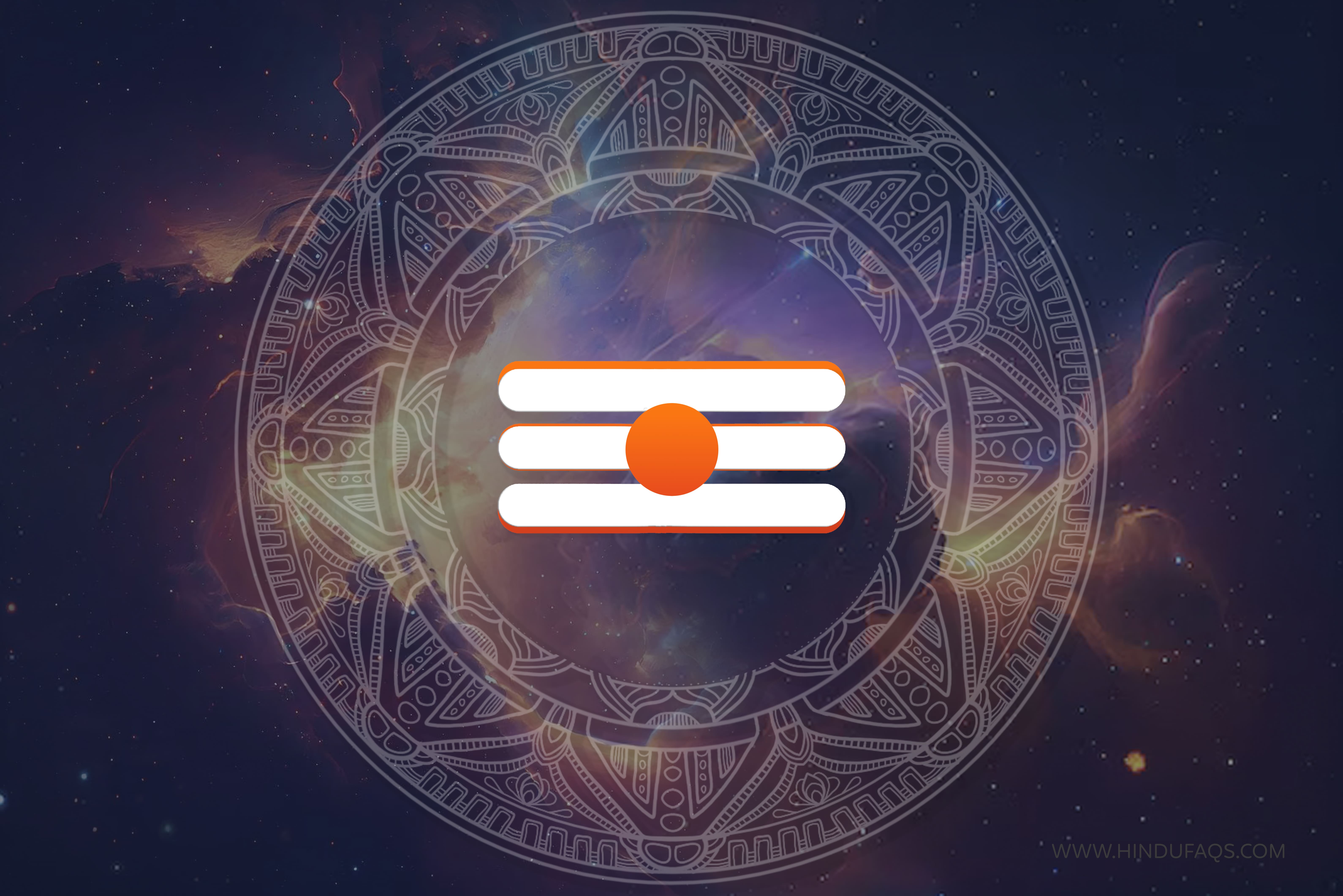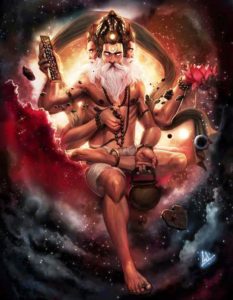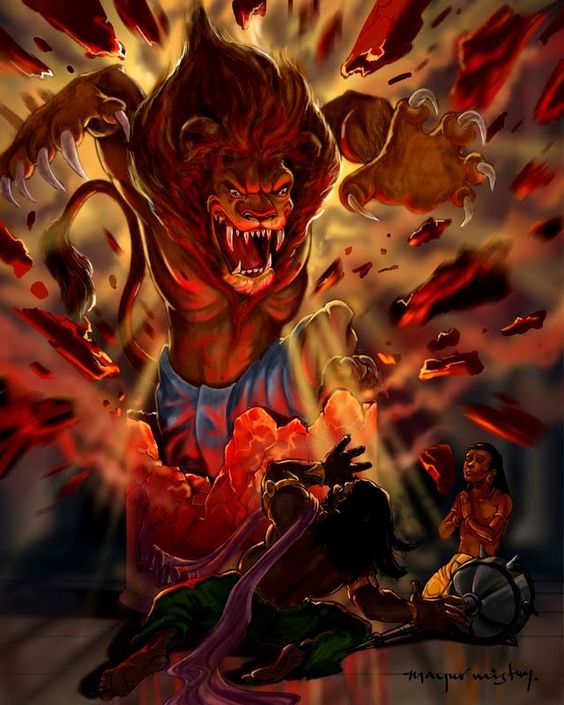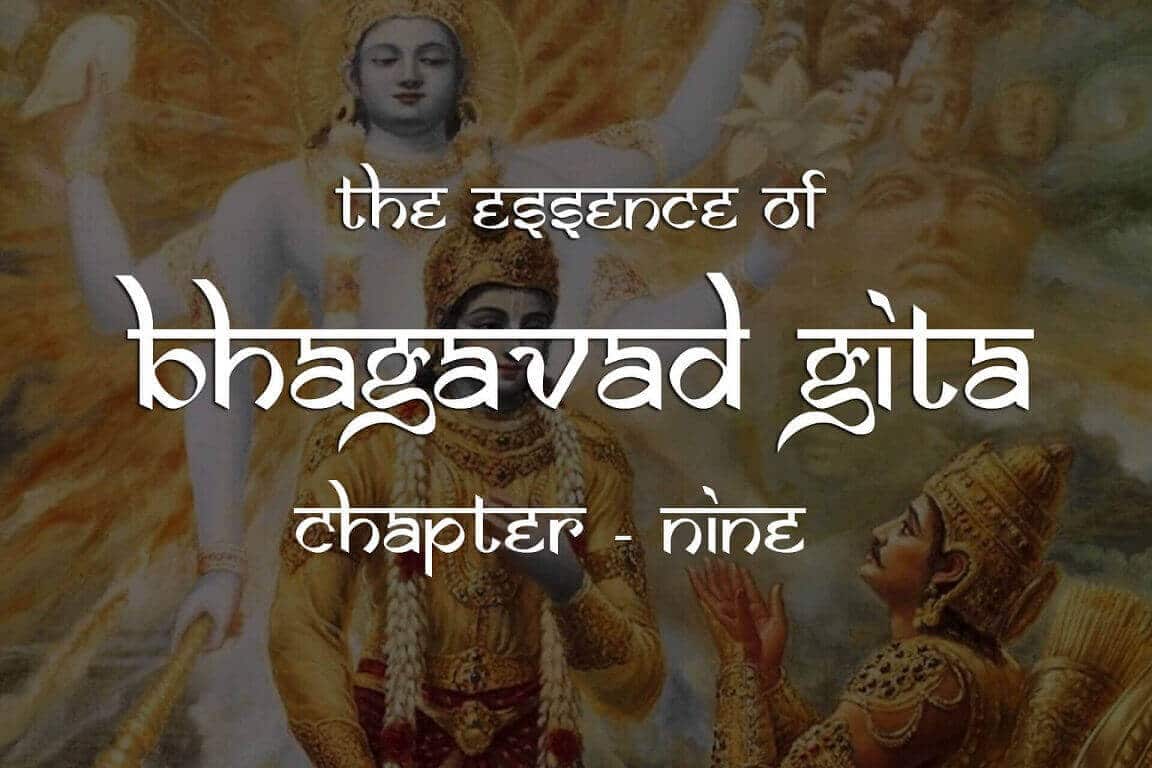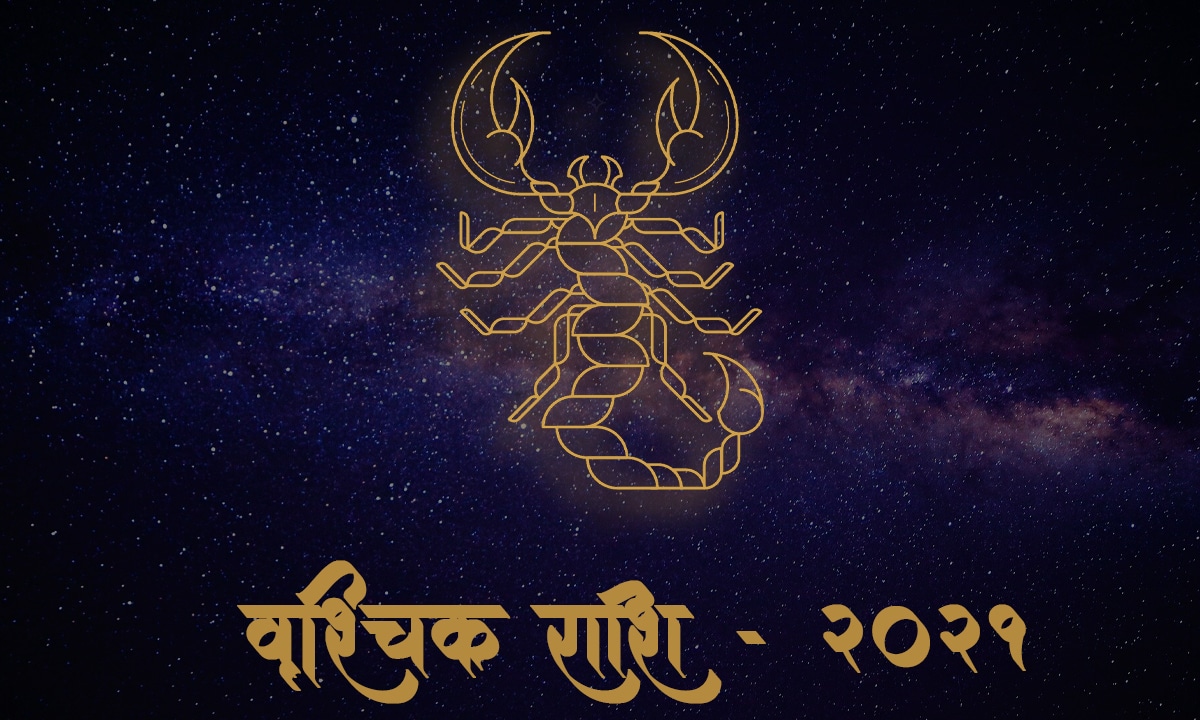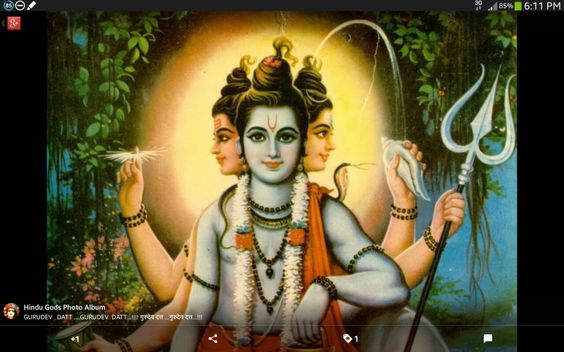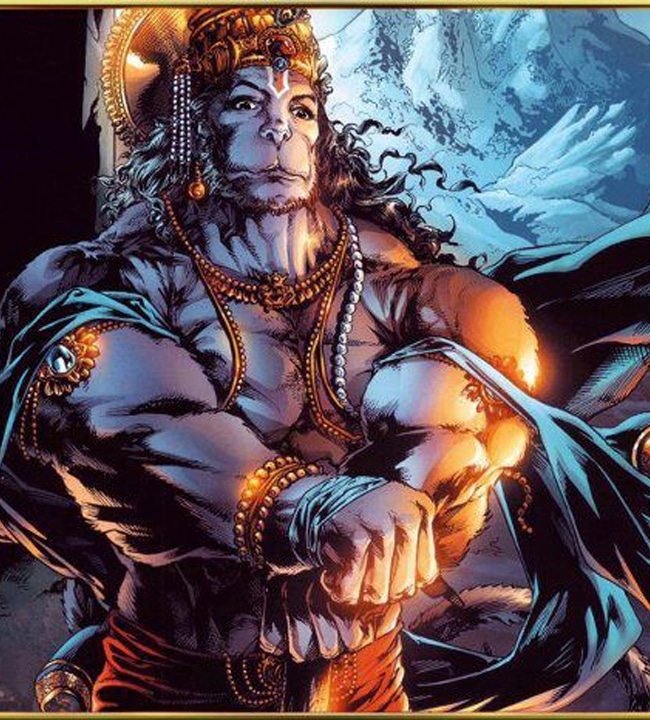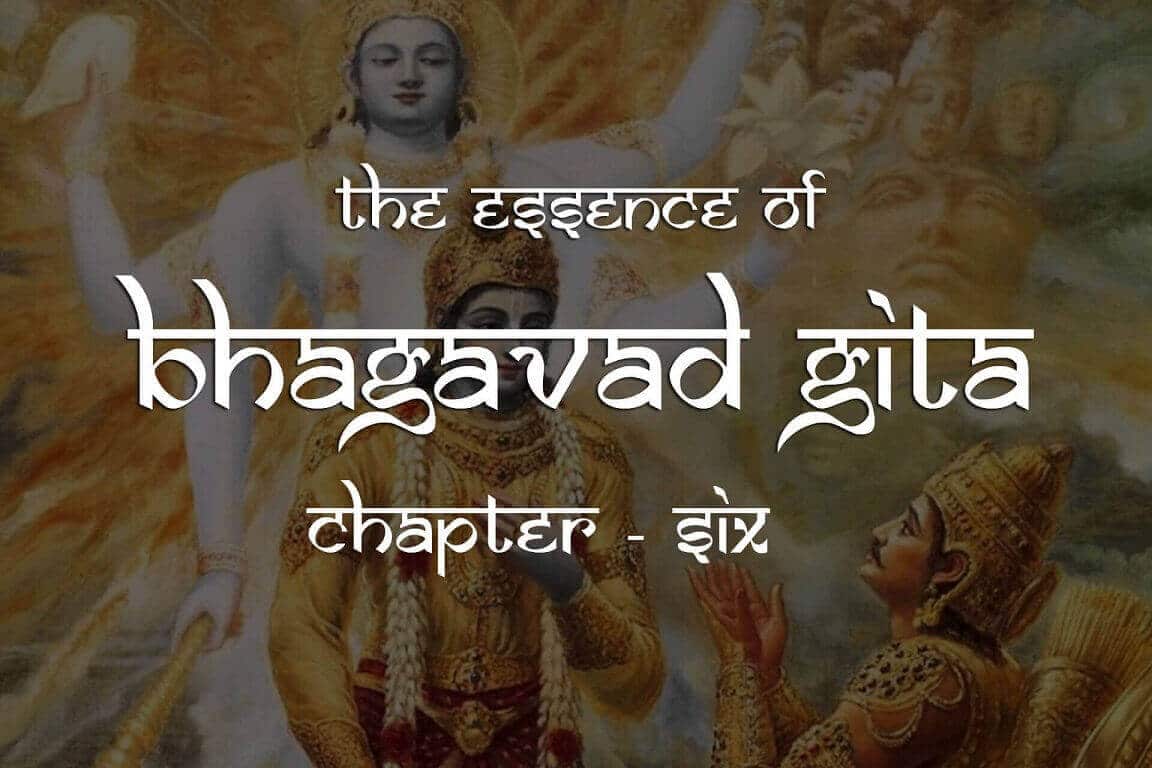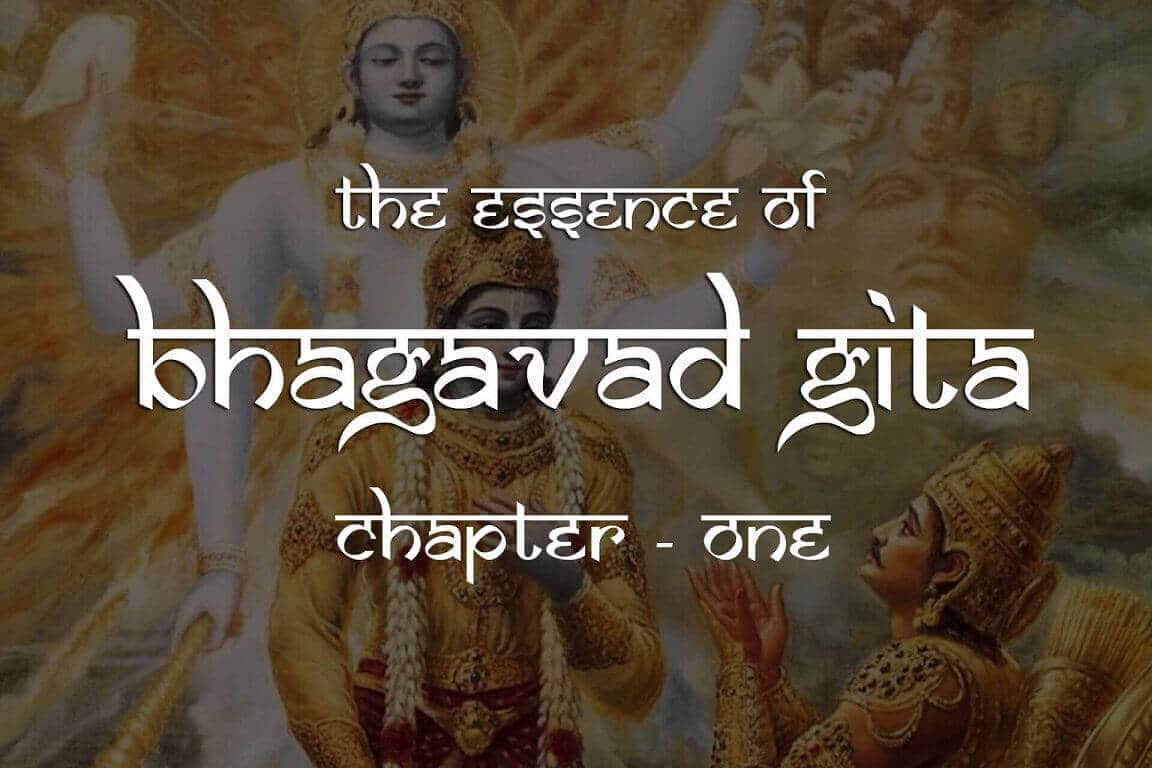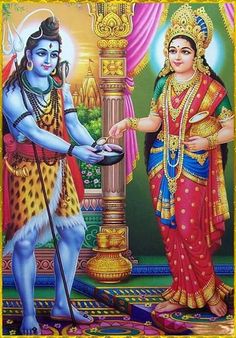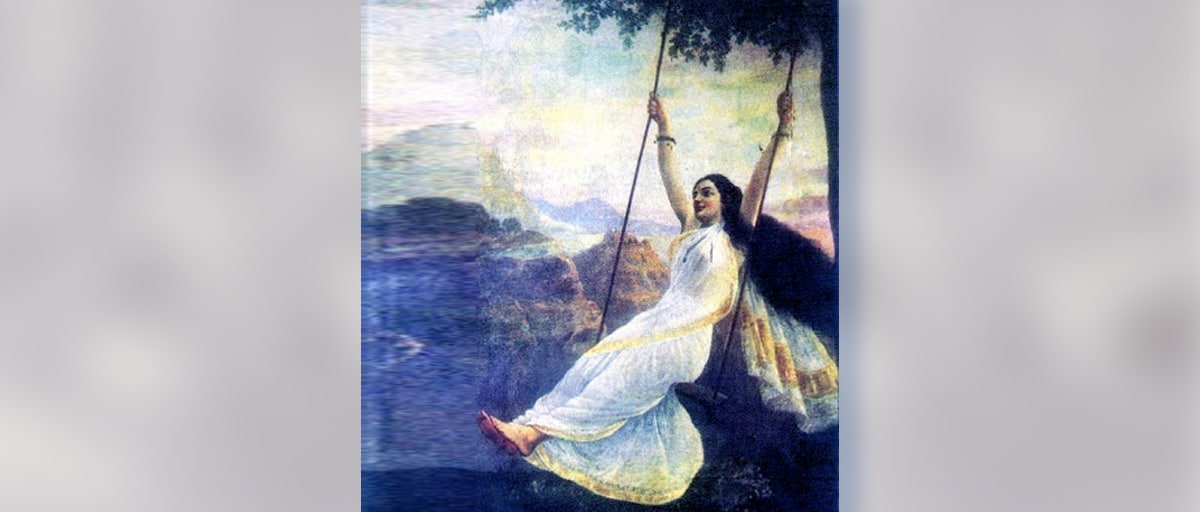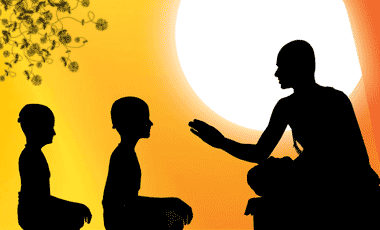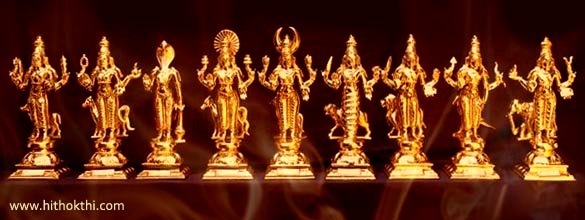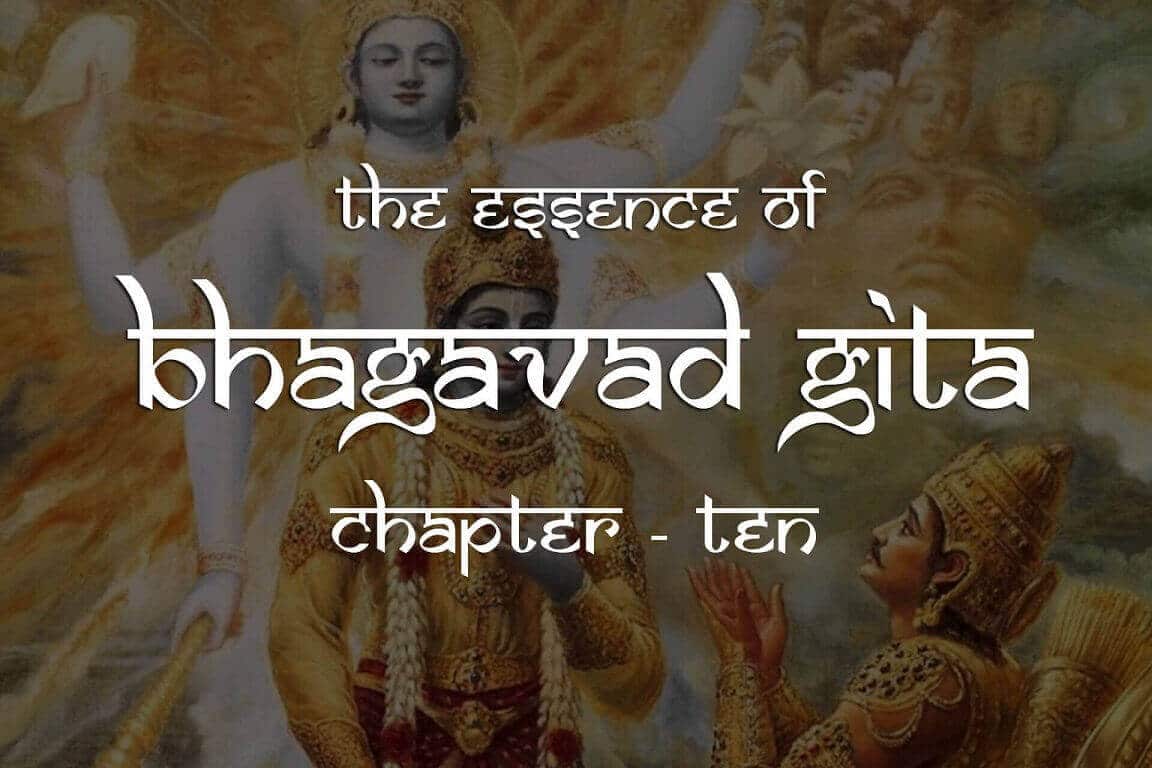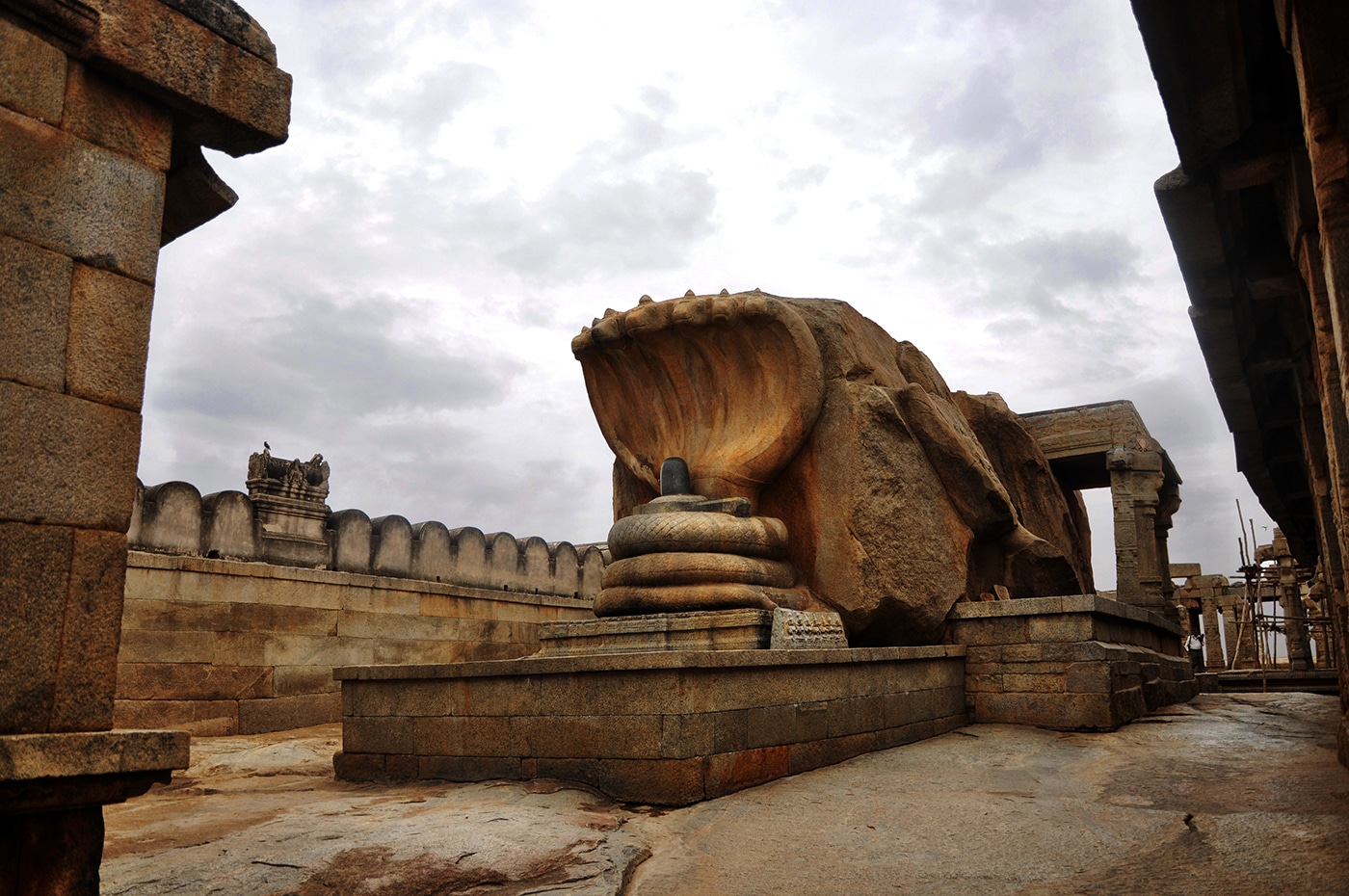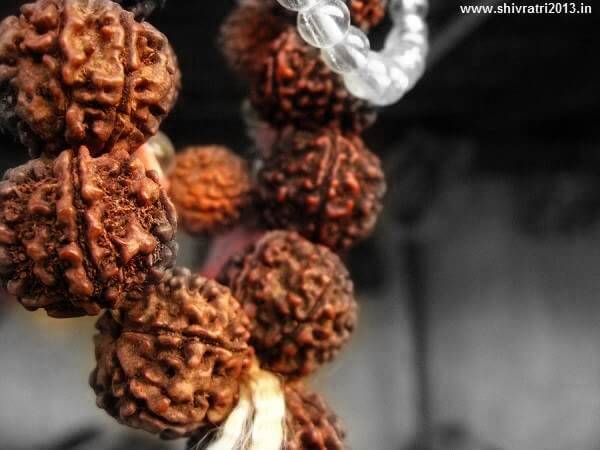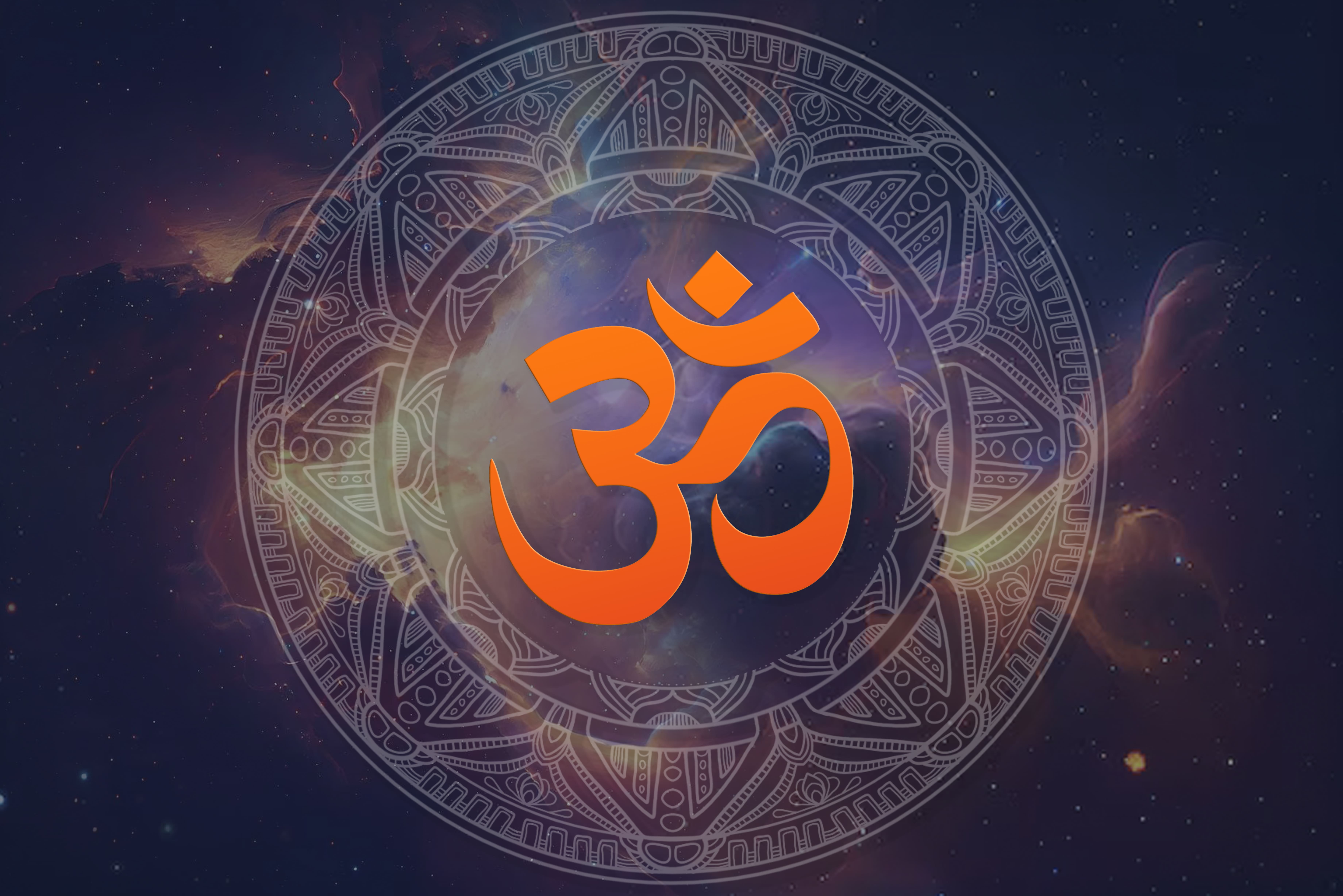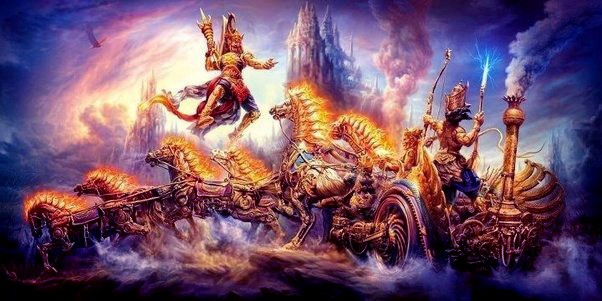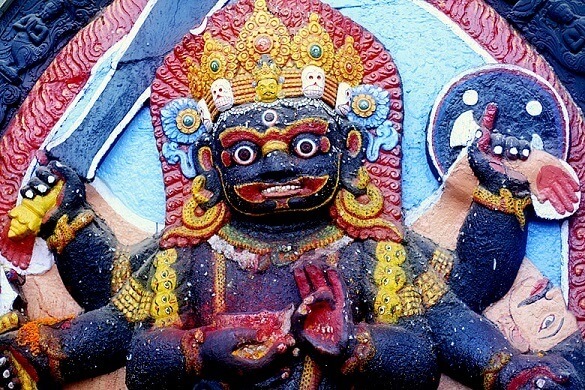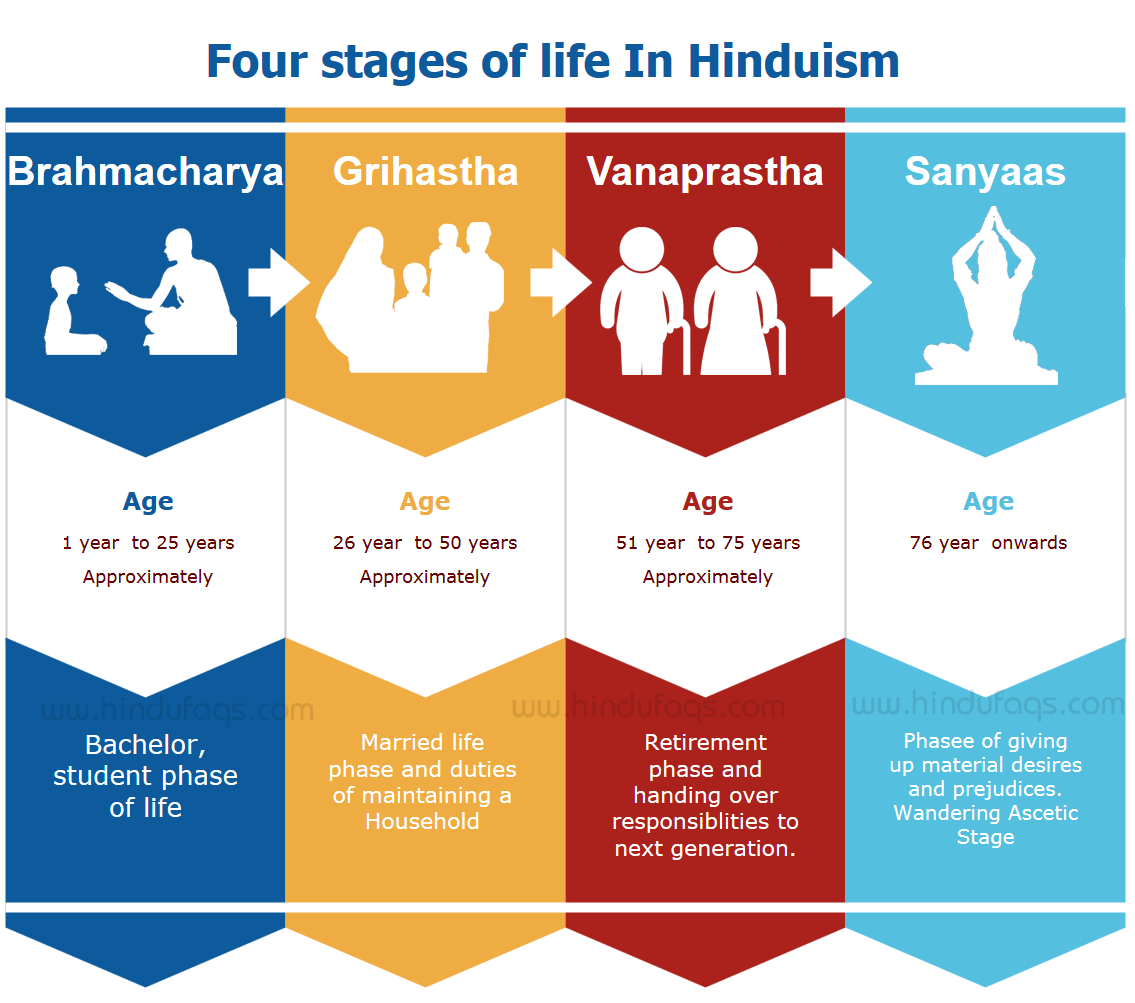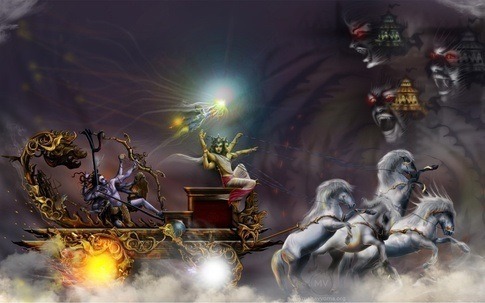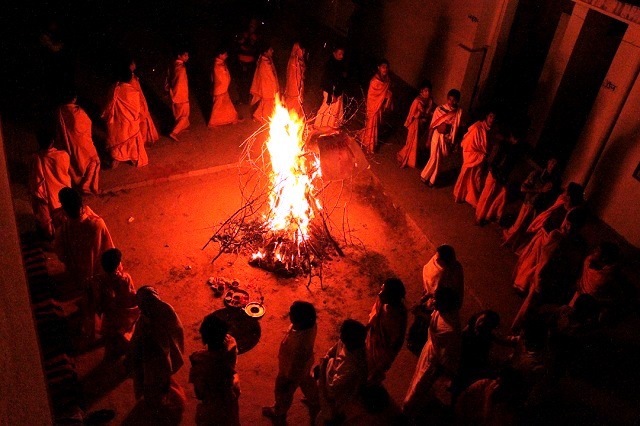In the theory of relativity, time dilation is an actual difference of elapsed time between two events as measured by observers either moving relative to each other or differently situated from gravitational masses.
 King Muchukunda
King Muchukunda First story is about king Muchukunda. Muchukunda, son of King Mandhata, was born in the Ikshvaku dynasty.
Once, in a battle, the Gods were defeated by the demons. Tormented by arrows, they sought help from king Muchukunda. King Muchukunda agreed to help them and fought against the demons for a long time. Since the Gods did not have an able commander, king Muchukunda protected them against the demonic onslaught, until the deities got an able commander like Lord Kartikeya, the son of Lord Shiva.
After the Gods got their new commander, It was time for King Muchukunda to go back to his kingdom. But, it was not that easy. And here comes the important part of time dialation.
When King Muchukunda was taking leave from there, Indra said to the king Muchukunda, “O king, we, the deities are indebted to you for the help and protection which you have given us, by sacrificing your own family life. Here in the heaven, one year equals three hundred and sixty years of the earth. Since, it has been a long time, there is no sign of your kingdom and family because it has been destroyed with the passage of time.
Earth had changed so much during the period. Thousands of years had elapsed and there was no one on earth that King Muchukunda could relate to. So the King wanted to attain moksha. The Devas wanted to help Muchukunda for his service. But they were incapable of granting moksha to the king as it can only be granted by Srihari Vishnu.
“We are happy and pleased with you, so ask for any boon except Moksha(liberation) because Moksha(liberation) is beyond our capacities”.
Muchkunda asks Indra for a boon to sleep. While fighting on the side of the deities, king Muchukunda did not get an opportunity to sleep even for a moment. Now, since his responsibilities were over, overcome by tiredness, he was feeling very sleepy. So, he said, “O King of the deities, I want to sleep. Anyone who dares to disturb my sleep should get burnt to ashes immediately”.
Indra said, “So be it, go to the earth and enjoy your sleep, one who awakens you would be reduced to ashes”.
After this, king Muchukunda descended to earth and selected a cave, where he could sleep without being disturbed.
King Kakudmi
The second story is about Kakudmi. Also called Kakudmin, or Raivata, son of Revata. He was the King of Kusasthali. He was the father of Revati who married Balarama.
Kakudmi’s daughter Revati was so beautiful and so accomplished that when she reached a marriageable age, Kakudmi, thinking no one upon earth was worthy of her, went to the Creator himself, Lord Brahma, to seek his advice about a suitable husband for his daughter.
When they arrived, Brahma was listening to a musical performance by the Gandharvas, so they waited patiently until the performance was finished. Then, Kakudmi bowed humbly, made his request and presented his shortlist of candidates. Brahma laughed loudly, and explained that time runs differently on different planes of existence, and that during the short time they had waited in Brahma-loka to see him, 27 catur-yugas (a cycle of four yugas, totalling 108 yugas, or Ages of Man) had passed on earth. Brahma said to Kakudmi, “O King, all those whom you may have decided within the core of your heart to accept as your son-in-law have died in the course of time. Twenty-seven catur-yugas have already passed. Those upon whom you may have already decided are now gone, and so are their sons, grandsons and other descendants. You cannot even hear about their names. You must therefore bestow this virgin gem (i.e. Revati) upon some other husband, for you are now alone, and your friends, your ministers, servants, wives, kinsmen, armies, and treasures, have long since been swept away by the hand of time.”
Sahasra-yuga-paryantam
ahar yad brahmano viduh
ratrim yuga-sahasrantam
te ho-ratra-vido janah


